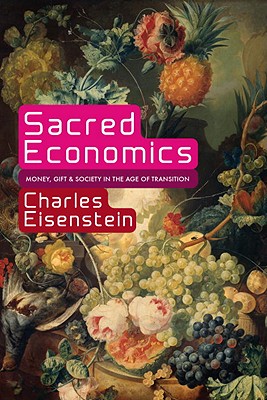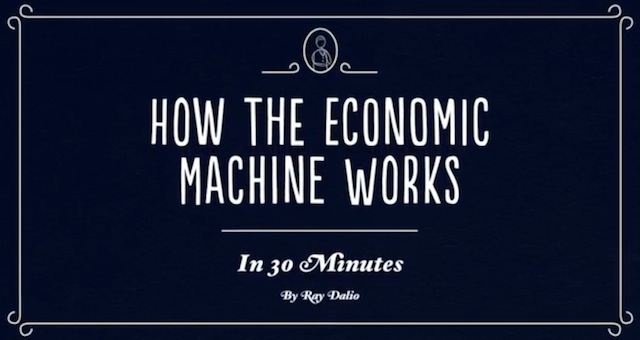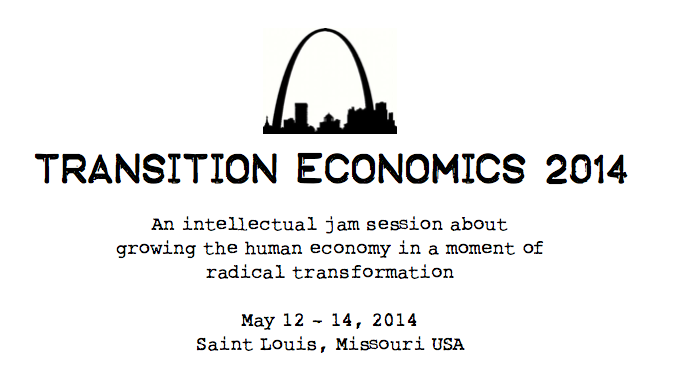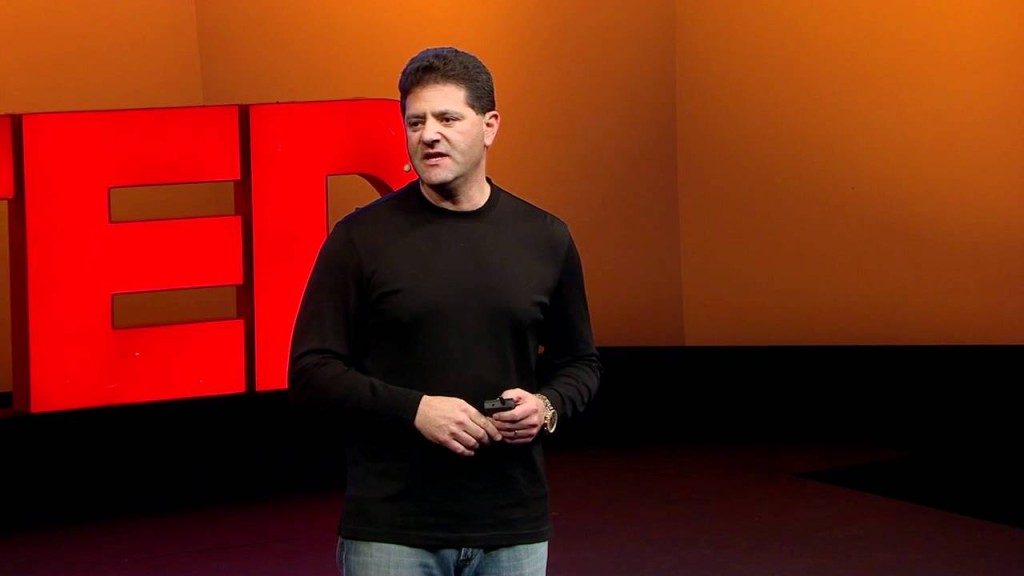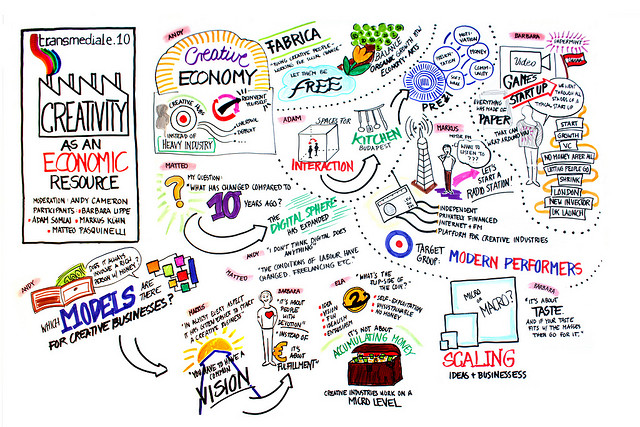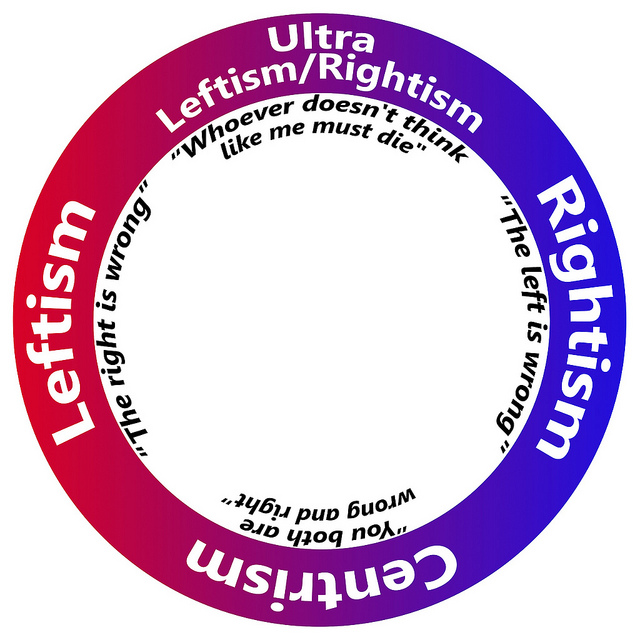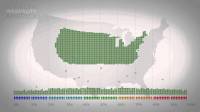 If we truly want to work toward a more sustainable world, and a more sustainable economy, it might be necessary to redefine our relationship with money, and to retool our financial systems, in order to transition to a new type of economy – one that puts an emphasis on community, the commons, resource-based economics, and abundance for everyone, no matter what class or background they come from.
If we truly want to work toward a more sustainable world, and a more sustainable economy, it might be necessary to redefine our relationship with money, and to retool our financial systems, in order to transition to a new type of economy – one that puts an emphasis on community, the commons, resource-based economics, and abundance for everyone, no matter what class or background they come from.
The new economy might be one similar to that described in Sacred Economics, by Charles Eisenstein:
“Sacred Economics traces the history of money from ancient gift economies to modern capitalism, revealing how the money system has contributed to alienation, competition, and scarcity, destroyed community, and necessitated endless growth. Today, these trends have reached their extreme—but in the wake of their collapse, we may find great opportunity to transition to a more connected, ecological, and sustainable way of being.”
Here’s a great short documentary (~12 minutes) covering the basics of Eisenstein’s vision of a new economy:
“This book is about how the money system will have to change—and is already changing—to embody this transition. A broadly integrated synthesis of theory, policy, and practice, Sacred Economics explores avant-garde concepts of the New Economics, including negative-interest currencies, local currencies, resource-based economics, gift economies, and the restoration of the commons. Author Charles Eisenstein also considers the personal dimensions of this transition, speaking to those concerned with “right livelihood” and how to live according to their ideals in a world seemingly ruled by money. Tapping into a rich lineage of conventional and unconventional economic thought, Sacred Economics presents a vision that is original yet commonsense, radical yet gentle, and increasingly relevant as the crises of our civilization deepen.”
If you find this new way of thinking about economics intriguing, you may want to read the whole book, Sacred Economics, which is available for purchase on Amazon or other booksellers, or if you prefer to save your money and read a digital version, you can download it for free at Sacred Economics.

